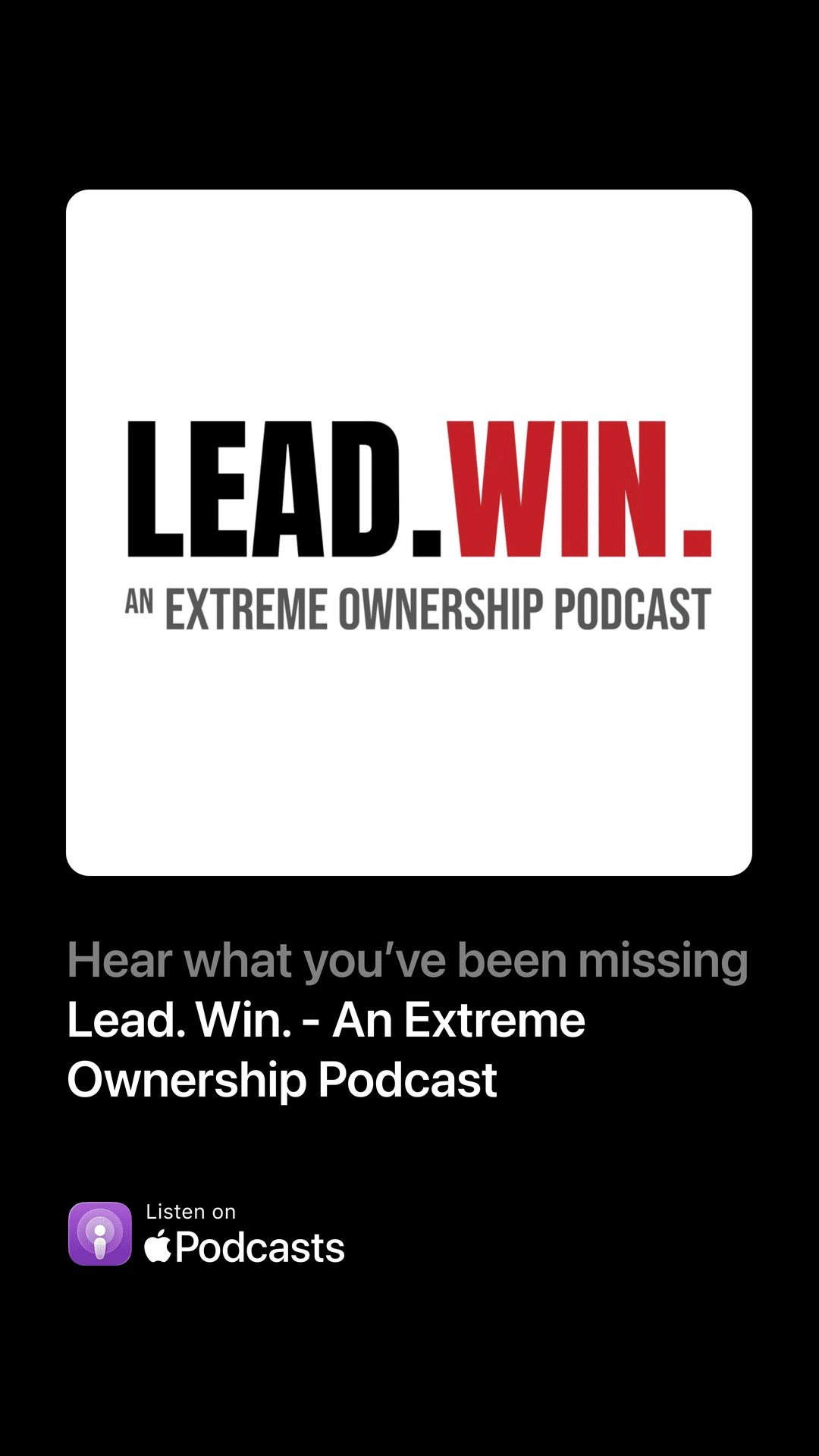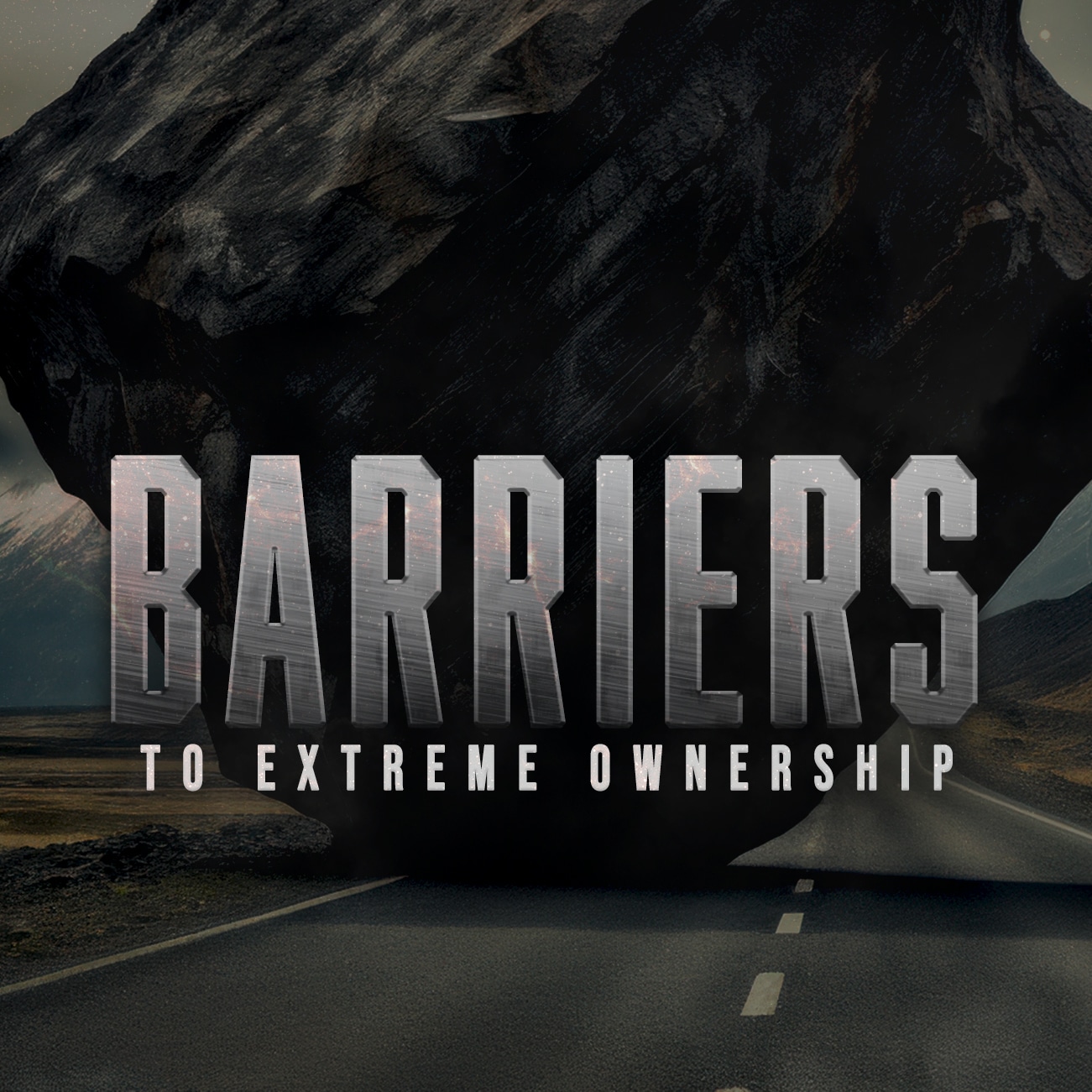Victim Mentality Is a Choice. Reclaim Ownership of Your Life.
We’ve all been there, facing a situation that feels unfair, frustrating, or beyond our control. It’s in these moments that victim mentality sneaks in. It whispers, “This isn’t your fault.” It tempts us with blame. It convinces us we’re stuck.
But victim mentality is a mindset, not a life sentence. And like any mindset, it’s something we can change. But what is victim mentality exactly?
Victim mentality isn’t just an inclination towards self-pity; it actively gives away our power. At its core, this mentality rests on believing we don’t have agency. It relies on the notion that someone or something else is responsible for where we are and why we can’t move forward. It’s the intersection of blame and paralysis.
And it’s dangerous.
Not because people who fall into it are weak or wrong. It’s dangerous because it robs us of the one thing we can control: our own ownership and action.
Where Does Victim Mentality Come From?
Victim mentality often stems from real challenges – setbacks, injustice, or circumstances we didn’t ask for. But over time, it evolves from a reaction into a worldview. What is the victim mentality if not a persistent lens that filters out ownership? It convinces us to avoid owning the solution by convincing us that we can’t.
But we always have a step we can take.
As we teach at Echelon Front, ownership is the belief that others are not to blame. When we accept our responsibility to control our reality, we gain the ability to take action. Even when we didn’t cause the problem, we can still own our response to it. That’s what makes ownership powerful. It breaks the grip of victimhood.
From “Why Can’t I?” to “What Can I?”
Escaping victim mentality starts with one simple but powerful shift: changing our questions.
Instead of asking:
- Why is this happening to me?
- Why won’t they fix this?
- Why can’t I catch a break?
Start asking:
- What can I do about this?
- What step can I take right now?
- What would ownership look like in this situation?
This mindset doesn’t guarantee immediate solutions. But it guarantees movement. And movement creates momentum.
When Fear Takes Over
What is a victim mentality, and what causes victim mentality? It’s often an accumulation of small beliefs and experiences that condition us to feel afraid and helpless.
Once victim mentality sets in and keeps us from acting, when we’ve spent days or weeks blaming, waiting, or spinning in frustration, fear can lock in the inaction. Fear of making a mistake. Fear of the unknown. Fear of what happens if we take a step and it still doesn’t work.
Fear cements us in place. It makes the idea of action feel heavier with each passing day.
The way to break through this fear is not with a leap. It’s with a step.
Small steps create movement. Movement creates momentum. And momentum starts to dismantle the belief that we’re stuck. Each action chips away at the story that we’re a victim. Every time we do something, no matter how small, we prove that we still have agency.
Getting Unstuck Starts With You
Many of the leaders I coach aren’t stuck because they don’t care or aren’t trying. They’re stuck because they’re waiting. Waiting for someone else to change. Waiting for conditions to be perfect. Waiting for permission.
Victim mentality thrives in waiting.
But ownership, like leadership, is proactive. You don’t need everything to be right to get going. You just need a step. Then another. And if the step doesn’t work, you adjust. That’s how progress is made.
What is victim mentality teaching us when we feel powerless? That we’re supposed to wait. But we’re not. We’re meant to lead ourselves.
Final Thought
Victim mentality shields us from responsibility, and over time, it costs us our power. The key is realizing that ownership isn’t just a leadership strategy but a way to reclaim your agency.
What is victim mentality but a mental trap that keeps us frozen?
We can’t always control what happens. But we can always control how we respond.
That’s where freedom begins.
Recognizing what is victim mentality and stepping out of it is the first act of true ownership.




